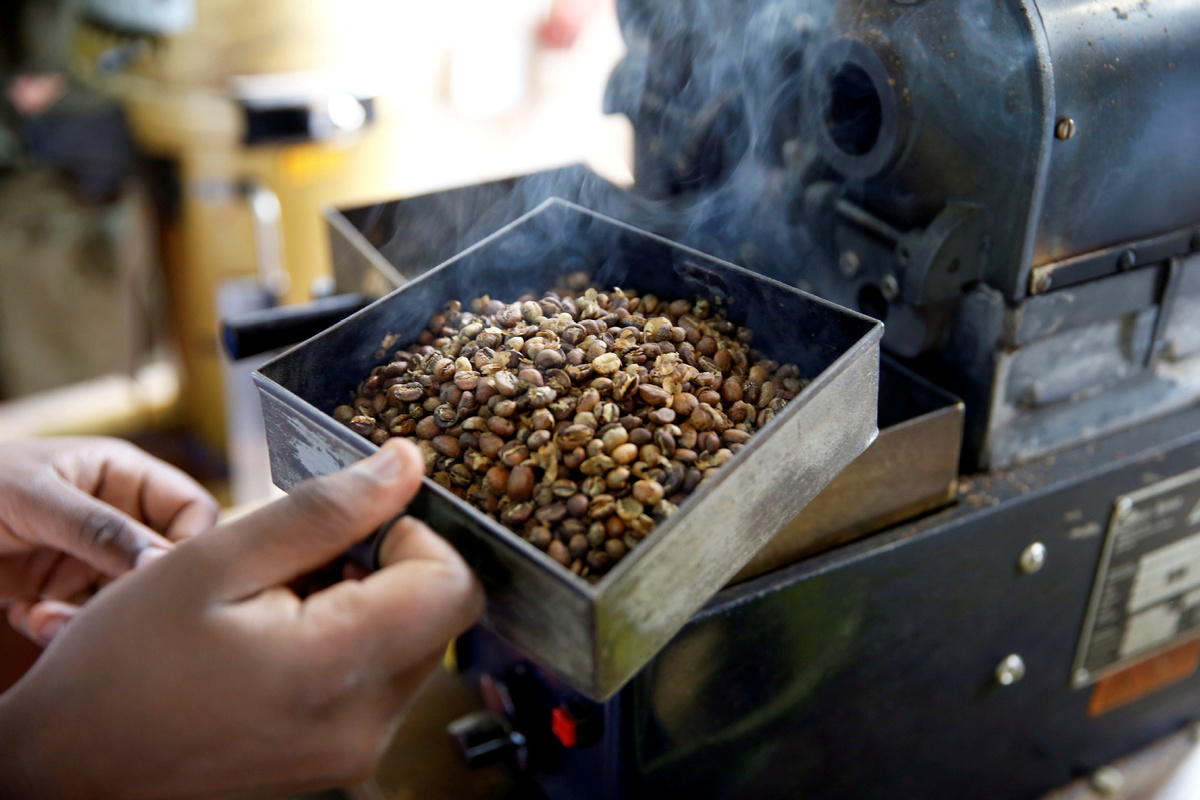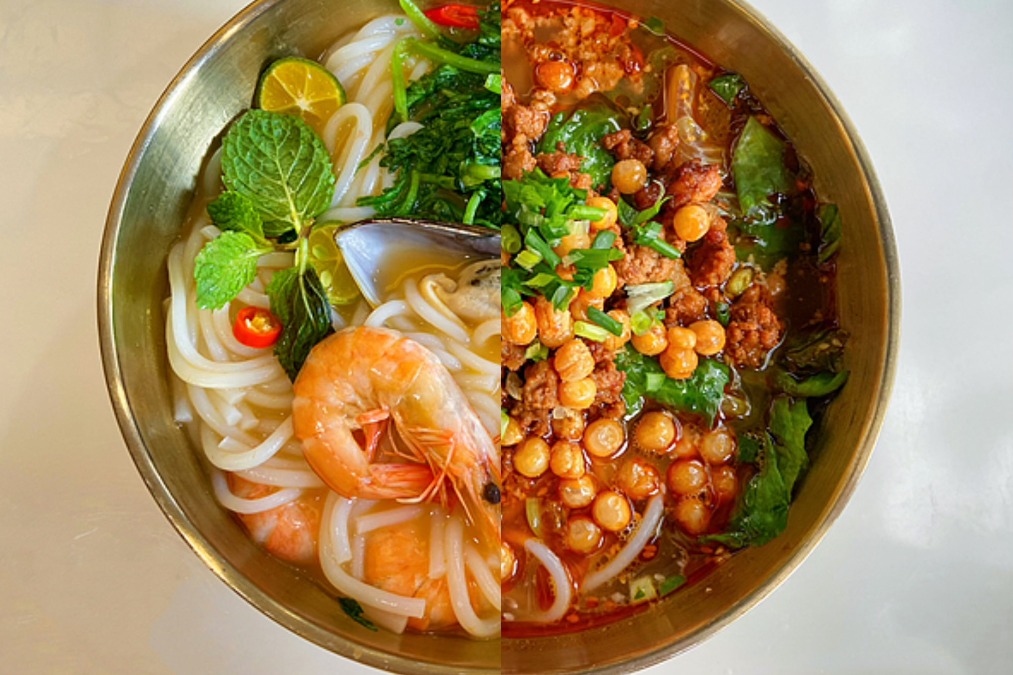Caffeine may offset some health risks of diets high in fat, sugar: study


CHICAGO -- Caffeine may offset some of the negative effects of an obesogenic diet by reducing the storage of lipids in fat cells and limiting weight gain and the production of triglycerides, according to a study in rats posted on the website of the University of Illinois (UI) this week.
For four weeks, the rats in the study ate a diet that contained 40 percent fat, 45 percent carbohydrate and 15 percent protein. They also ingested one of the forms of caffeine in an amount equivalent to that of a human who drinks four cups of coffee daily.
The researchers performed cell culture studies in which they exposed adipose cells from mice to synthetic caffeine or the coffee or mate caffeine extracts, and found that regardless of its source, caffeine decreased the accumulation of lipids in adipose cells by 20 percent to 41 percent.
To be specific, the rats that consumed the caffeine extracted from mate tea gained 16 percent less weight and accumulated 22 percent less body fat than the rats that consumed decaffeinated mate tea.
The researchers also tracked the expression of several genes associated with obesity and lipid metabolism, including the fatty acid synthase gene (Fasn) -- an enzyme compound involved in the synthesis of fatty acids from glucose, and the lipoprotein lipase gene (Lpl), which codes for an enzyme that breaks down triglycerides.
All of the caffeine treatments, regardless of origin, have significantly downregulated the expression of both Fasn and Lpl. In the cell cultures, Fasn expression diminished by 31 percent to 39 percent, while Lpl expression decreased by 51 percent to 69 percent among cells treated with synthetic caffeine or the caffeine from mate tea or coffee, the researchers found.
In the rats that consumed the mate tea caffeine, expression of Fasn decreased by 39 percent in their fat tissue and by 37 percent in their livers.
The decreased expression of Fasn and two other genes in the liver evoked lower production of low-density lipoprotein cholesterol and triglycerides in the liver as well, according to the study.
Mate tea is an herbal beverage rich in phytochemicals, flavonoids and amino acids that is consumed as a stimulant by people in southeastern Latin American countries. The amount of caffeine per serving in mate tea ranges from 65-130 milligrams, compared with 30-300 milligrams of caffeine in a cup of brewed coffee.
"The consumption of caffeine from mate or from other sources alleviated the negative impact of a high-fat, high-sucrose diet on body composition due to the modulation of certain lipogenic enzymes in both adipose tissue and the liver," said Elvira Gonzalez de Mejia, a co-author of the study and director of the division of nutritional sciences at UI. "The decreased expression of Fasn and Lpl brought about lower synthesis and accumulation of triglycerides in the adipose tissue."
The study was published in the Journal of Functional Foods.




































